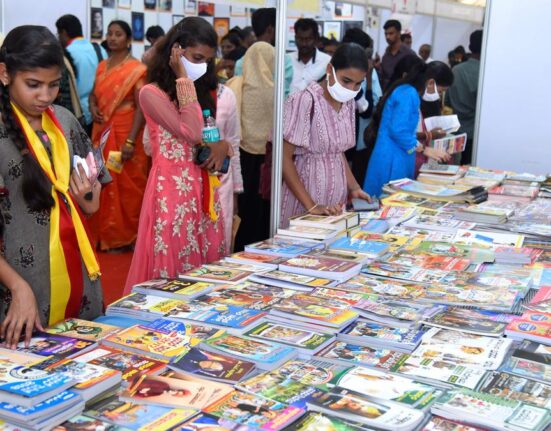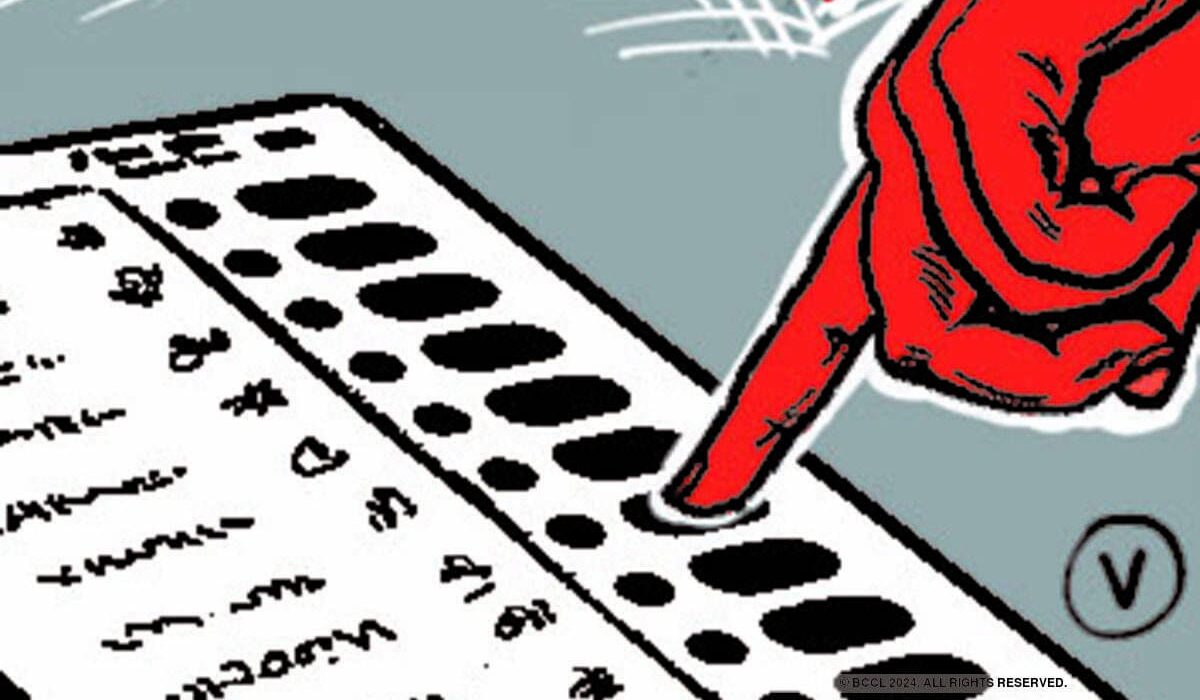In democratic societies, voting is not just a right; it’s a fundamental responsibility. It’s the cornerstone of democracy, giving citizens a voice in shaping the future of their nation. However, the significance of voting extends far beyond merely casting a ballot—it’s about actively participating in the governance of one’s country, advocating for change, and ensuring that the principles of democracy are upheld.
*1. Empowerment through Participation:*
Voting empowers individuals by providing them with a platform to express their opinions and beliefs. It allows every citizen, regardless of their background or status, to have a say in the decision-making process. When people vote, they assert their agency and contribute to the collective direction of their society. This sense of empowerment fosters a stronger sense of community and civic engagement.
*2. Holding Power Accountable:*
Voting is a crucial mechanism for holding those in power accountable for their actions. Elected officials are entrusted with representing the interests of the people, and voting allows citizens to evaluate their performance and make informed decisions about their leadership. By participating in elections, voters send a clear message to policymakers about their priorities and expectations.
*3. Promoting Diversity and Inclusion:*
Every vote counts, and every voice matters. Voting ensures that diverse perspectives are represented in the political process. It provides marginalized communities with an opportunity to advocate for their rights and interests. When individuals from all walks of life participate in elections, it promotes inclusivity and strengthens the democratic fabric of society.
*4. Safeguarding Democratic Values:*
Democracy is built on the principles of freedom, equality, and justice. By exercising their right to vote, citizens uphold these values and protect the integrity of democratic institutions. Voting is a peaceful and democratic means of resolving differences and advancing societal progress. It reinforces the notion that the power to govern ultimately resides with the people.
*5. Fostering Civic Responsibility:*
Voting is not just a privilege; it’s a responsibility. It requires citizens to stay informed about current events, understand the issues at stake, and actively engage in the political process. By fulfilling their civic duty, individuals contribute to the well-being of their communities and ensure that democracy remains vibrant and resilient.
*Conclusion:*
In conclusion, voting is more than just a civic duty—it’s a fundamental right and a cornerstone of democracy. It empowers individuals, holds power accountable, promotes diversity and inclusion, safeguards democratic values, and fosters civic responsibility. As we navigate the challenges of the 21st century, it’s essential to recognize the power and responsibility inherent in the act of voting. By exercising our right to vote, we can shape a better, more equitable future for generations to come.












